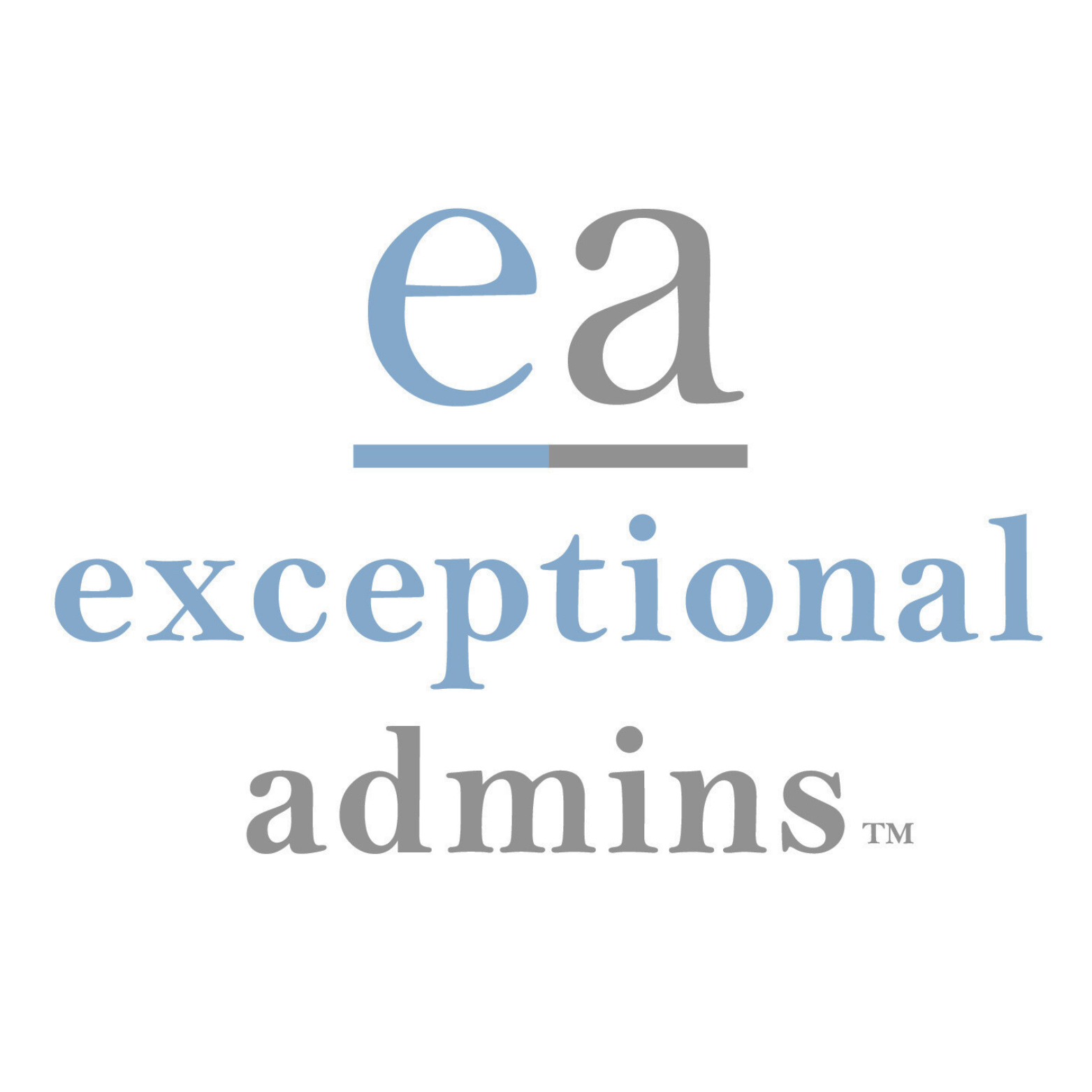Executive Composure in Written Form
Executive composure in written form
“The way you show up in written form dictates the quality of your brand.” - Hilani Ellis
Writing is an art and takes time to develop. The way you communicate in written form connects to your [brand], i.e., reputation.
Sending an email can be easy. However, curating an email that connects on a deeper level can sometimes pose a challenge as a professional. Why be more alert when sending an email?The words you use, and the style in which you express them, can convey how you carry yourself, i.e., executive composure. When it comes to communication, you have a lot of control over how people perceive you. Communication with a high-quality approach, aids in building trust, respect, and collaborative opportunities.
Here are the top 3 things to consider when crafting correspondence:
How many touchpoints have occurred?
Do I know my audience?
What’s the focus?
Hospitality
Rule of thumb as an Admin:
I generally advise that admins address the recipient by Mrs./Mr. Last Name for the first three touch points. After that, you can proceed with Dear Julie or Steve. Why? Formal communication like this offers a sense of hospitality, respect, and red carpet when beginning relationships with a new audience. Once trust and respect have been developed and sustained, it is acceptable to refer to your recipient by their first name.
Bar of expectation: think Ritz Carlton - a luxurious brand that instantly promotes class and high-end quality
Curate
Rule of thumb as an Admin:
I generally advise that admins learn about the recipient for whom they are interacting, and anyone else copied, before clicking that [send] button. If you can answer the following 3 questions quickly, then you have the right composure in written form on how to engage.
How is this person connected to my executive? E.g., a college classmate
Why is this person connected to my executive? E.g., a new joint deal opportunity
Where is this person on the VIP list; high, mid, or low? E.g., exploratory deal, no ink to paper yet
If you stumbled on any of the above, you could learn more by observing or requesting additional information.
When you know your audience, you can show up appropriately. This also applies to how you email a colleague or vendor. Every time you pursue that [send] button, you should ask yourself, “how am I presenting myself?” and “how will the recipient receive my email?” If you have any hesitation, a powerful approach is to pause for 5 minutes before you hit [send]. This will help ensure it is the most accurate representation of your brand.
Bar of expectation: think Starbucks - an exceptional brand that immediately says, “we know our customers; accordingly, we know how to welcome you and take care of you.”
Energy
Rule of thumb as an Admin:
I’ve heard from over 100 executives that long winded email communication isn’t good. Please make sure the candidates you present are concise when it comes to communicating. This has prompted me to suggest that admins send emails in a compartmentalized manner as emails can be an energy and time depletion activity. If you provide information in great length, there’s a chance the recipient is not going to read it in its entirety (they suffer from, TLDR - too long, didn’t read). This is why admins ‘chase down information more than necessary. If you save someone time and energy with email, you are the ultimate exceptional admin. Following these tips will assist in achieving a strong, personal brand. Consider the ABC method - always be closing.
Always include an opening sentence that’s hospitable.
Provide information in bullets, ex: A) option 1, B) option 2, C) option 3
Offer a [call to action - the ABC above] that supports your request for a quicker response.
Closer is important. It’s how we connect with people. Think about switching up from traditional closers like ‘Sincerely’ and ‘Thank you’ and try using ‘In partnership, You’re the best, I appreciate you’.
When I facilitate admin training sessions, this area - communication, gets a large chunk of airtime. Having executive composure elevates your presence, helps you gain additional trust (and respect), and supports professional development.
Bar of expectation: think Google - a fabulous brand that instantly and concisely delivers information based on the query you enter into that handy search box.
Launch Pad:
Begin communication relationships formally until trust and respect have been established.
Do your homework!! Learn the How, Why and Where. Show up competently by knowing your audience.
Avoid “too long didn’t read” situations (TLDR). Avoid the chasing down activity. Save time and energy by sending emails that are compartmentalized and to the point.
If you enjoyed this article, you’ll also enjoy This vs. That - Elevated Communication.
Looking to further elevate your impact, consider this episode as you look to strengthen your understanding, “Who’s my audience?”

